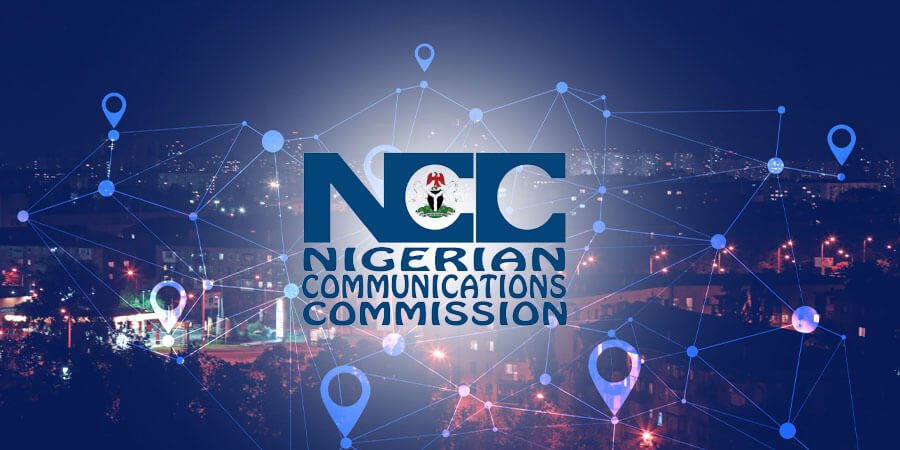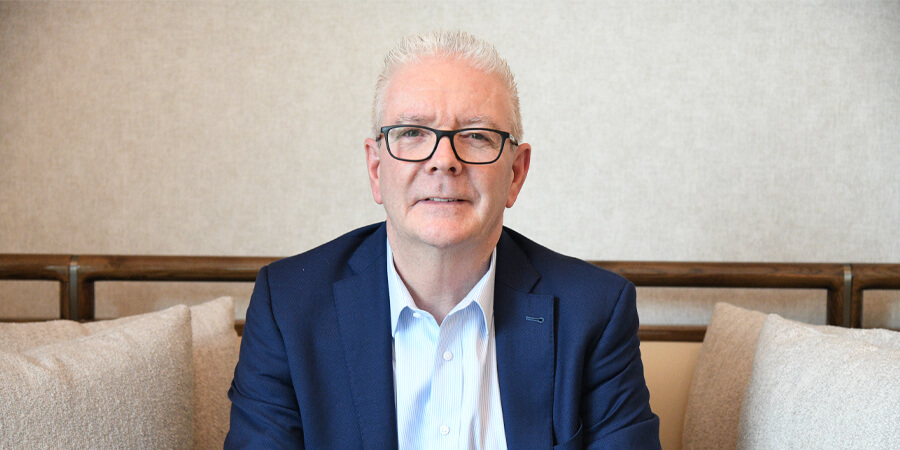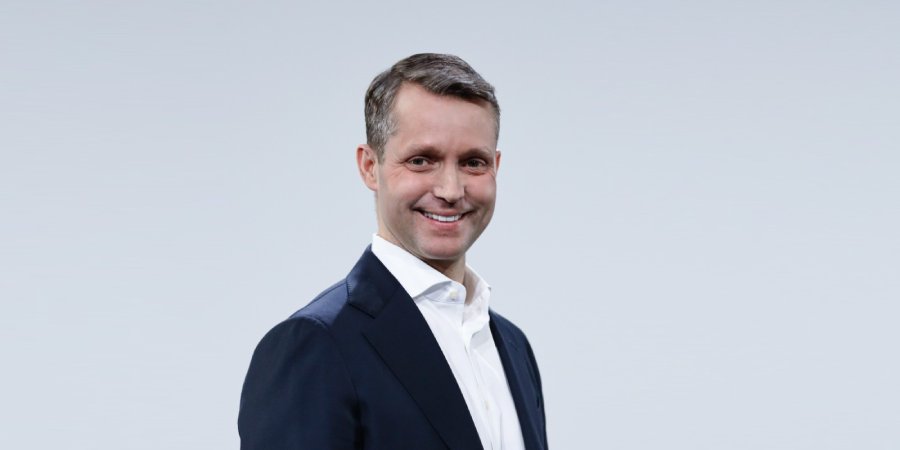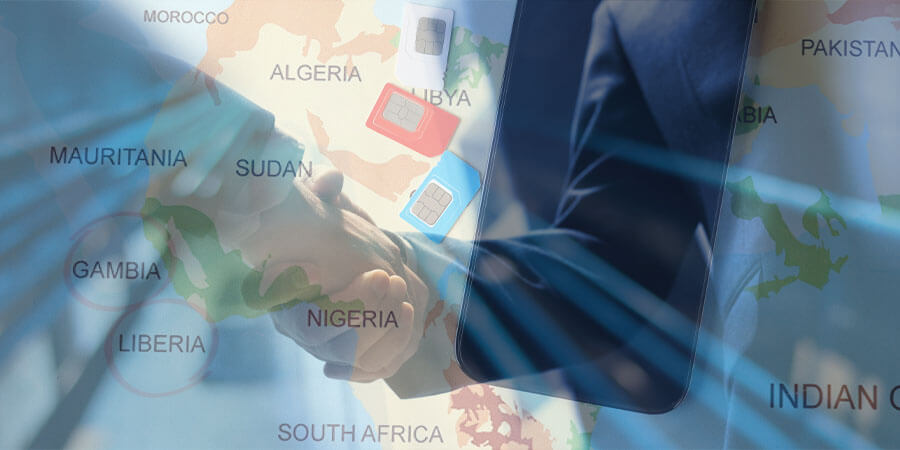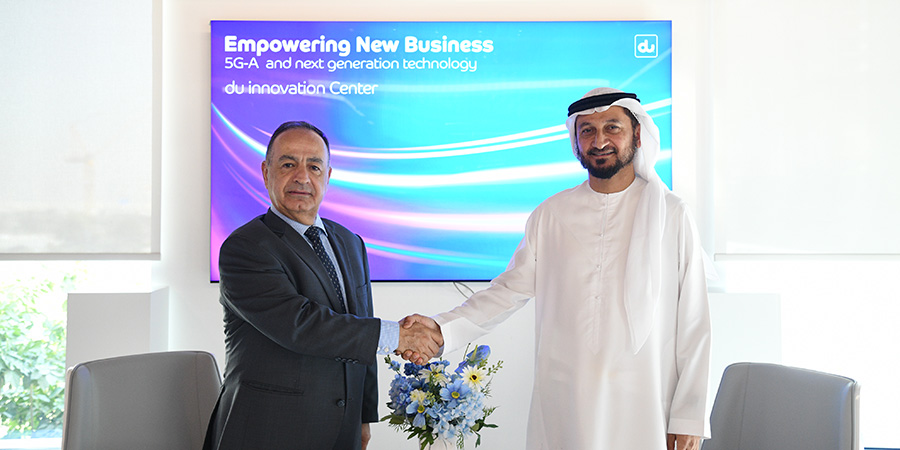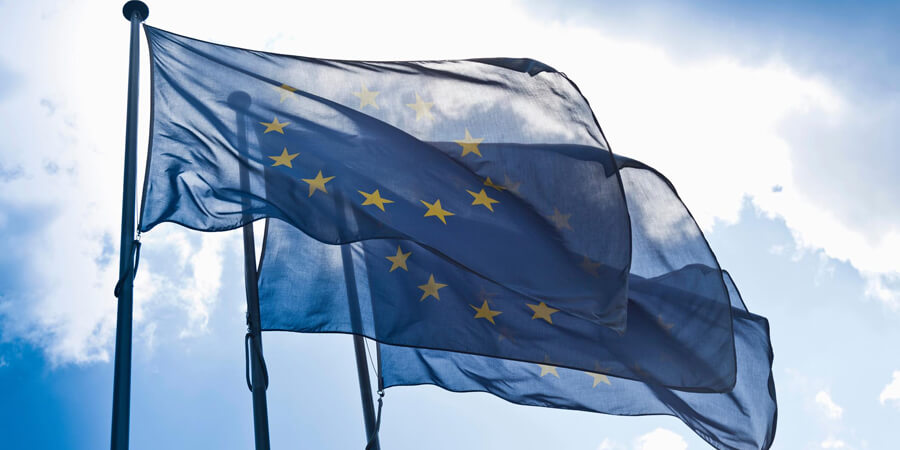A highly disputed European copyright law that could force online platforms such as Google and Facebook to pay for links to news content passed a key hurdle in the European Parliament.
Major publishers have pushed for the reform, seeing it as an urgently needed solution against a backdrop of free online news that has decimated earnings for traditional media companies.
The parliament's powerful Legal Affairs Committee narrowly passed the reform, with 13 votes in favor and 11 against in a ballot that was kept secret given the bitter divisions on the issue.
“An important step for the future of the creative industries in Europe!” said German MEP Christian Ehler, from the right-of-center EPP group. “There is a big problem if all those who bring our cultural diversity in Europe to life... can no longer live from their work because online platforms are not prepared to involve them properly,” he added.
But several MEPs were against the idea, saying it would help only the most widely known news providers to the detriment of independent and start-up companies, effectively curbing the right to free speech.
The committee also passed a law that makes online platforms legally liable for copyrighted material put on the web by users, which critics warn will lead to blanket censorship by tech giants, including Google's Youtube, Facebook's Instagram and Twitter.
“These measures would seriously undermine basic internet freedoms,” said MEP Julia Reda, from the Greens group.
“Putting the special interests of large media companies ahead of our ability to participate freely online is unacceptable,” she said.
That reform passed with 14 in favor and 9 against.
The reforms, which are part of a much larger overhaul of European copyright law, will now go to a full plenary vote in parliament, expected in July. The EU's 28 member states must also approve the law and they have struggled to come up with their own version of the copyright changes amid their own deep divisions.
After a year and half of talks, the member states have only succeeded in drawing up a much vaguer version of the reforms that will ultimately need to be reconciled with the parliament.
















